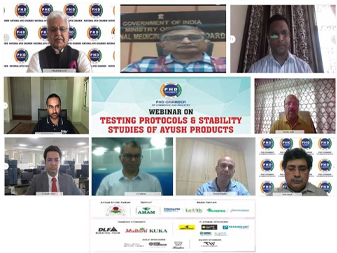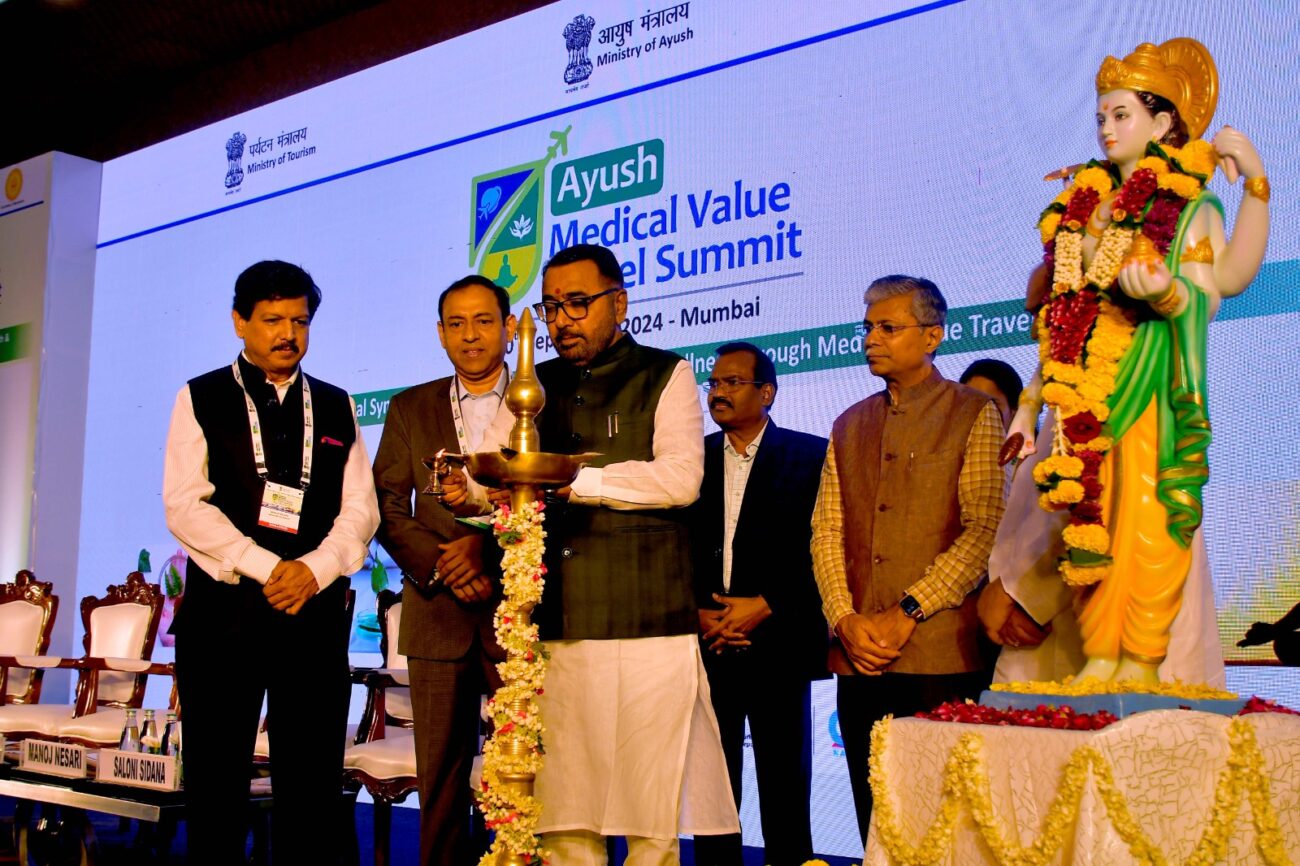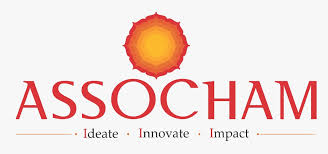In Testing Protocols, Shelf life studies & date of expiry have been made mandatory for the licensing of ASU drugs by Dr. J.L.N Sastry, CEO, National Medicinal Plants Board, Ministry of AYUSH, Govt. of India
AYUSH Committee, PHD Chamber organized a webinar on “Testing Protocols & Stability Studies of AYUSH Products” on 27th May 2021. Mr. Pradeep Multani, Sr. Vice President, PHD Chamber mentioned about growing awareness of health care and

AYUSH Committee, PHD Chamber organized a webinar on “Testing Protocols & Stability Studies of AYUSH Products” on 27th May 2021.
Mr. Pradeep Multani, Sr. Vice President, PHD Chamber mentioned about growing awareness of health care and said that people are moving towards Herbal products. He also highlighted that present volume of protocol for testing of Ayurveda, Siddha and Unani product contains various parameters for different categories of single and compound formulations, limits for heavy metals, microbial load, pesticide residue and methods for determination of these safety and quality parameters.
Mr. Multani also talked about benefits of stability testing including concern for wellbeing of the patient and manufacturer by ensuring the product quality, which helps in selection of adequate formulations, excipients and container closure systems for a product. It also helps to determine that no variation occurred in the formulation or the manufacturing process that can adversely affect the stability of the product.
Mr. Arvind Varchaswi, Chair, AYUSH Committee, PHD Chamber mentioned about traditional or alternative medicines, which are widely used in the prevention, diagnosis and treatment of an extensive range of ailments. He said the stability of finished herbal products can be determined by testing for properties susceptible to storage conditions which include physical properties like organoleptic characteristics, physical condition, particle size, etc. He also talked about different stability testing methods that are used in different countries as herbal products are generally developed to meet national regulations. Global harmonization of stability testing has been recently emphasized in the context of herbal drug development, but the adoption of international standards can only be achieved by sharing national experiences and information.
Dr. J.L.N Sastry, CEO, National Medicinal Plants Board, Ministry of AYUSH, Govt. of India in his remarks talked about various provisions related to labeling and packaging of ASU products. Dr. Sastry also shared various rules, acts and guidelines, which need Industry needs to comply with. He further explained different categories of materials used for testing of any finished goods and requirements of pharmacopoeia. He mentioned that Shelf life studies and date of expiry have been made mandatory for the licensing of ASU drugs. The design of the stability testing program should take into account the intended market and the climate conditions of the area in which the drug products will be used. Dr.Sastry also shared few guidelines and talked about normal storage conditions defined by World Health Organization (WHO) related to testing protocols.
Dr. Pankaj Goyal, Deputy Director, National Accreditation Board for Testing and Calibration Laboratories (NABL) shared a brief presentation about general guidelines for drug development of Ayurvedic Formulations by CCRAS Ministry of AYUSH, Govt. of India. He also talked about Drugs & Cosmetic Act and directions about which area is applicable for exports by the Government.
Dr. Goyal mentioned that NABL is working to bring all Drug and AYUSH product Testing Laboratories under Accreditations as per ISO. He also mentioned about recent development & initiatives taken by NABL in digitalization of the portal and creating an online e-learning portal called QUEST.
Mr. Jitender Sodhi, Co- Chair, AYUSH Committee, PHDCCI & Managing Director, AYUSH Herbs Pvt Ltd mentioned that growing demand and global acceptance of herbal medicines has dramatically changed the dynamics of this industry and the need for herbal testing. He said there’s a huge demand for herbal testing nowadays. Most of the herbal medicines contain multiple active agents. Due to the complex nature of herbal formulations, it becomes very difficult to apply standard quality control parameters.
Mr. Sodhi said the purpose of stability testing is to provide evidence on how the quality of a drug substance or drug product varies with time under the influence of variety of environmental factors such as temperature, humidity, light, and also to establish a re-test period for drug substance or a shelf life for drug products.
Dr. Saurabh Arora, Executive Director, Analytical Division, Arbro Pharmaceuticals Pvt Ltd shared a brief presentation about testing procedures of any product and its regulatory requirements and guidelines. Dr. Arora talked about test parameters, acceptance criteria, test storage conditions and sample management about any product.
Mr. J P Sinha, Vice President, Analytical Division, Multani Pharmaceuticals Ltd explained about testing protocol for AYUSH Products and Botanical parameters which plays an importance role in testing of any product. Mr. Sinha also mentioned about Multani Pharmaceuticals Limited support in Analytical research to government & private sectors in most viable ways. They also provide training to needy personnel on a very Nominal fee with an aim to enhance their skills.
Dr. Arvind Tripathi, Manager, Quality Control, Hamdard Laboratories India explained that Stability varies and completely depends on various factors like nature and ingredients, packaging and storage conditions of any product. He also mentioned about importance of test parameters, which are widely used in testing.
Mr. Vivek Seigell, Assistant Secretary General, PHD Chamber gave a formal vote of thanks to all eminent panellist for sparing their time and sharing insights about the topic. He also thanked all the sponsors and associated media partners for their support.
The webinar was also attended by over 200 delegates.






